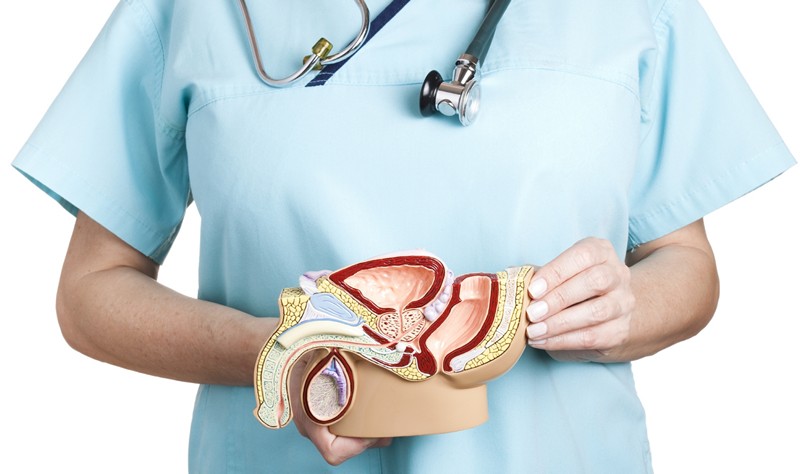Information from the American Cancer Society states that there were about 26,730 registered deaths from and 161,360 new cases of prostate cancer diagnosed in the US in 2017. This is the second most common type of cancer in American men and the shocking statistics say that 1 in every 7 men will be diagnosed with it. As this disease is such a fearsome enemy, one must understand what the prostate cancer risks are and how to reduce them to protect your health.
Prostate Cancer Risks You Can Manage
The ‘unmanageable risks are race, age, and genetics. Statistically, this disease is more prevalent in men over 40 (the peak is among those over 65). African-Americans and men of a Caribbean descent develop this cancer more often, while Asian-Americans are less prone to it. Researchers have yet to identify a gene that carries prostate cancer risks. However, it’s a fact that it tends to ‘run in some families’.
The risks you can actually do something about include:
- Vasectomy.
The relationship between vasectomy and prostate cancer risk is rather obscure. There are several large studies on this topic, and their results are contradictory. A study from the American Cancer Society states that this procedure doesn’t have a ‘meaningful’ effect on the risk of developing this disease. Yet, Harvard researchers found that this procedure does increase the risk slightly. If contemplating vasectomy, use your discretion, consult with your doctor, and be sure to keep up to date with the recent medical research. - Obesity.
It seems that although obese and overweight men don’t have a higher risk of this cancer per se, they tend to develop a more severe form of it if the condition occurs. The reasons for this are unknown, but it’s a great incentive to monitor your weight. - Diet.
Eating a lot of red meat, fat dairy products, and, surprisingly, calcium, have a higher prostate cancer risk. - Medications.
There isn’t any definitive research that states which drugs increase prostate cancer risks. However, some studies indicate that statins (drugs used for lowering cholesterol) are tied to the increase in aggressive cancer occurrences. No definitive evidence exists, but its’ also believed that taking virility-stimulating meds, like Viagra, can have negative consequences.
It sounds rather surprising, but BPH (Benign Prostatic Hyperplasia) and prostatitis do not increase prostate cancer risks. In fact, alcohol and smoking also don’t affect this factor. However, smoking is tied to lung cancer, which is the second most common cause of mortality among the American men.
Prostate Cancer Prevention
The best thing you can do to reduce the risks of prostate cancer is to lead a healthy lifestyle. Note that this doesn’t mean excluding that rare steak or saying no to virility enhancing drugs. What you need is moderation and opting for the healthiest possible choices. For example, instead of Viagra, you can use natural supplements, like Erexatropin. Indulging in a fatty steak on occasion is a go, but be sure to double up on vegetables on those days. Also, keep those occasions to a minimum and maintain a healthy diet overall.
A ‘healthy diet’ entails well-balanced nutritious meals and no less than 10 servings of fruits and vegetables daily. Always choose lean meat and fish, as well as low-fat dairy. Get more of your proteins from legumes than meat, and your entire body will feel better.
Exercise is also important as people who are physically active have a lower cancer risk overall. Take walks every day if you lead a sedentary lifestyle and do some yoga or stretching, even if you don’t feel like working with dumbbells in a gym.
Please note that as far as the current research shows, taking any vitamin supplements (especially vitamin E and selenium) doesn’t decrease prostate cancer risks. In fact, ‘overdosing’ on these elements can be potentially harmful to your health. Therefore, it’s best to get your essential nutrients from a well-balanced diet.

